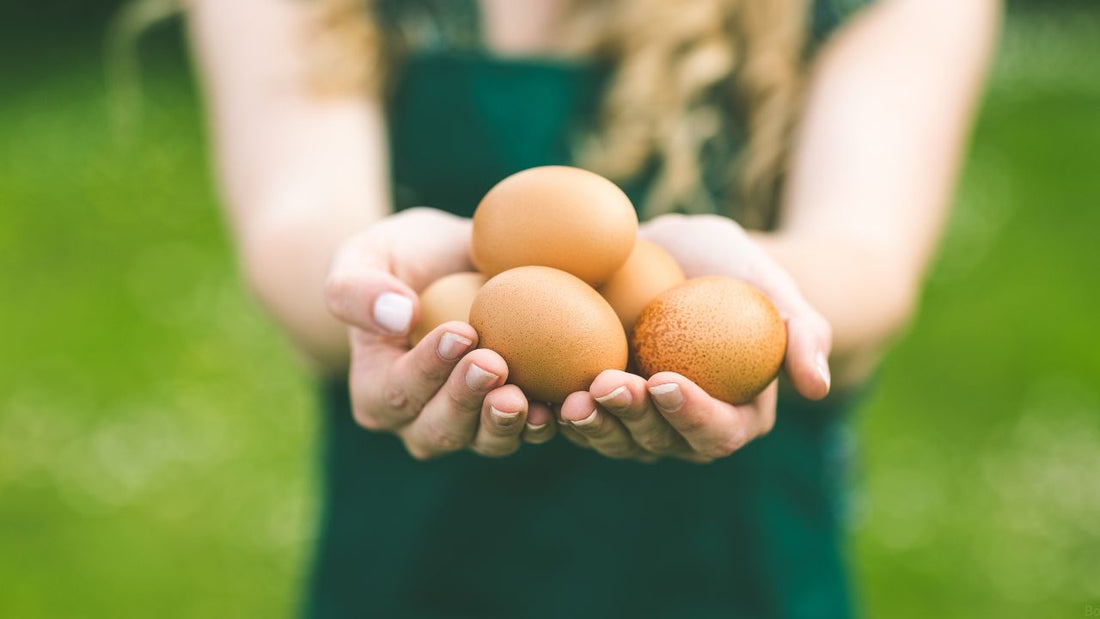The Impact of Avian Flu on Egg Supply in Western Australia: A Wake-Up Call for Food Security
In recent months, Western Australia has felt the ripple effects of the avian flu crisis sweeping through the eastern states of Australia. The outbreak has devastated poultry farms, significantly disrupting egg production and causing shortages across the country. The supply chain is now under pressure, the availability of eggs in WA supermarkets has become uncertain, highlighting broader issues of food security and the growing disconnect between consumers and their food sources.

A story that echoes the frustrations of many WA residents comes from a friend of a friend of mine who lives in rural Western Australia. She was preparing to bake a birthday cake for her young daughter, a simple tradition many of us take for granted. But when she opened the fridge to grab a carton of eggs, she was met with disappointment. She had run out. No worries, she thought, as she went outside to check the chook coop for some fresh eggs. But none of her hens had laid. So, she jumped in her car, driving to the nearby town supermarket, only to find the egg shelves bare. There were no eggs to be found, and her plans for a homemade birthday cake quickly turned into a scramble for alternatives.
This incident is becoming all too familiar across WA, where food security has traditionally been something residents could count on. WA has always enjoyed a plentiful supply of fresh, local food, including eggs from local producers. But with the ongoing avian flu crisis, the state now faces the vulnerability of not having enough eggs to go round, so are now dealing with their own production shortages.
The situation sheds light on a larger issue: the growing disconnect between society and its food sources. Many people have grown accustomed to the convenience of food delivery services like Uber Eats or meal kit subscriptions, where meals arrive at the door in plastic containers, already pre-portioned and ready to be cooked in minutes. We have become accustomed to this modern convenience, forgetting the effort that goes into producing food from scratch. But when crises like the avian flu hit, and supply chains become strained, we realize how fragile this system can be.
Human survival is fundamentally linked to food. So, why is society not prioritizing the

responsibility of feeding itself and its families? Why do we neglect the basics of food production and cooking from scratch, even as we rely more heavily on convenience-driven services? The current egg shortage serves as a wake-up call. It's time to reconnect with the origins of our food, to understand that it doesn't just appear on supermarket shelves, and to acknowledge that food security is something that needs active cultivation and care.
Western Australia has long prided itself on its ability to supply its residents with fresh, local food. But as we face unsure interstate imports, we must ask ourselves: how much longer can we take this abundance for granted? Perhaps it’s time for all of us to reconsider our relationship with food, take responsibility for the meals we prepare, and recognize the importance of sustaining local food systems for future generations.
Tracey Cotterell

